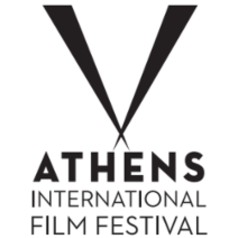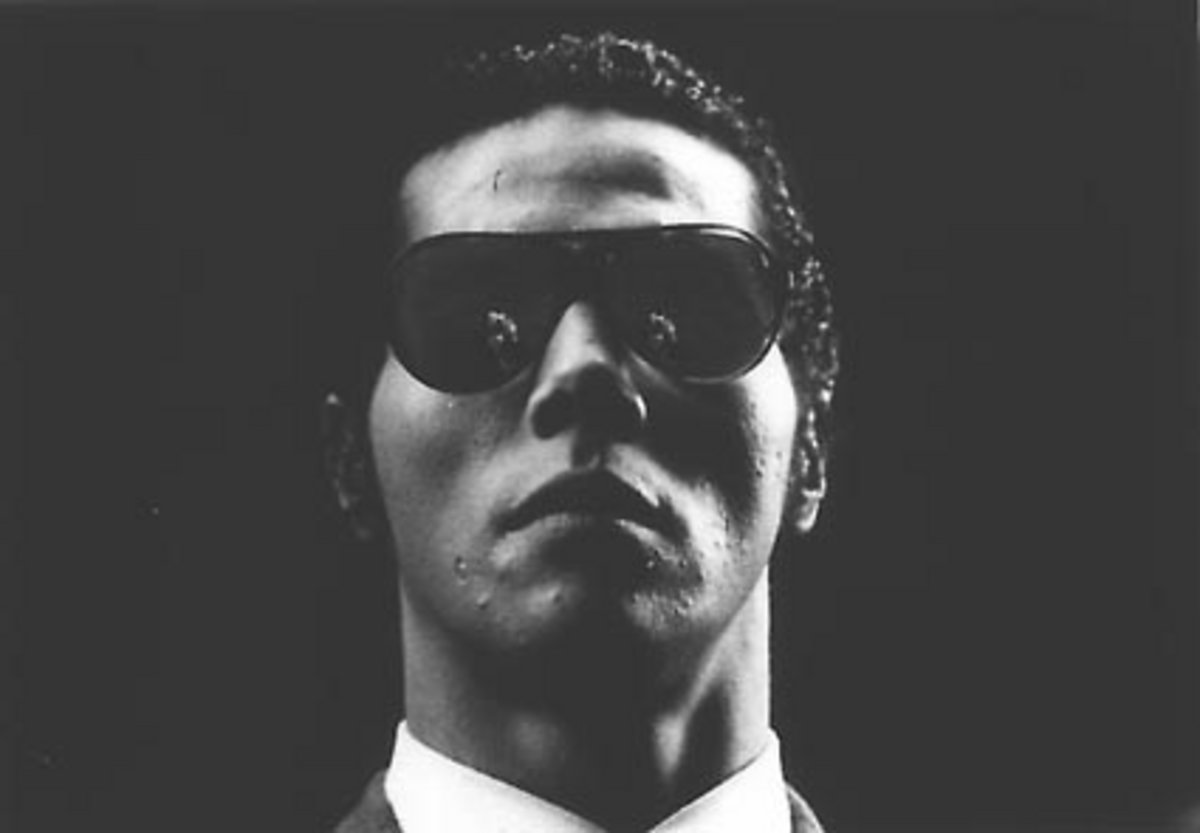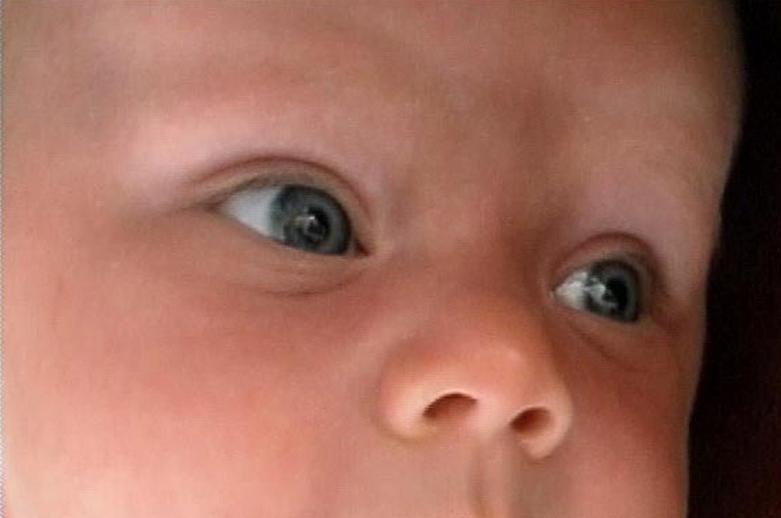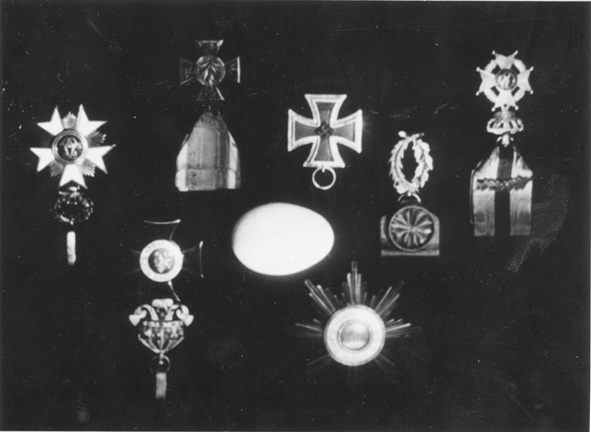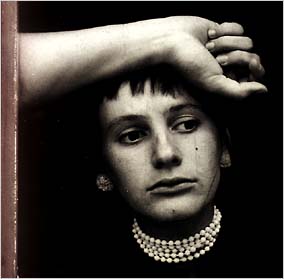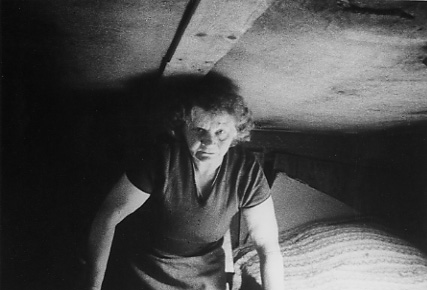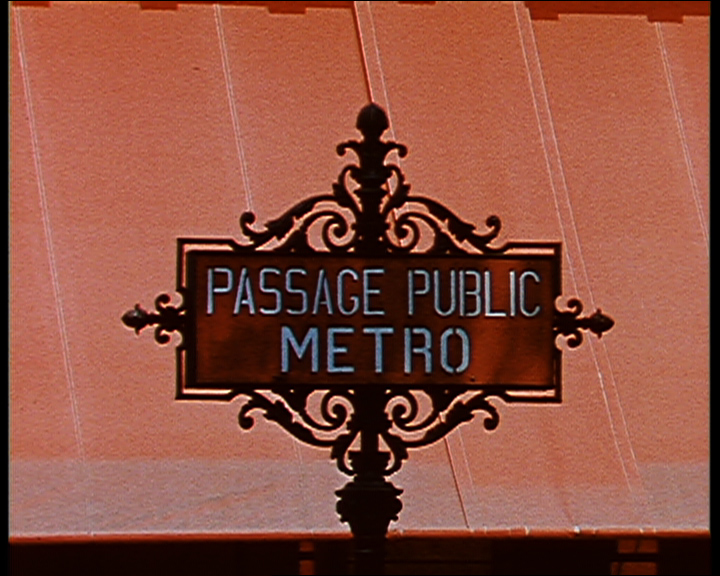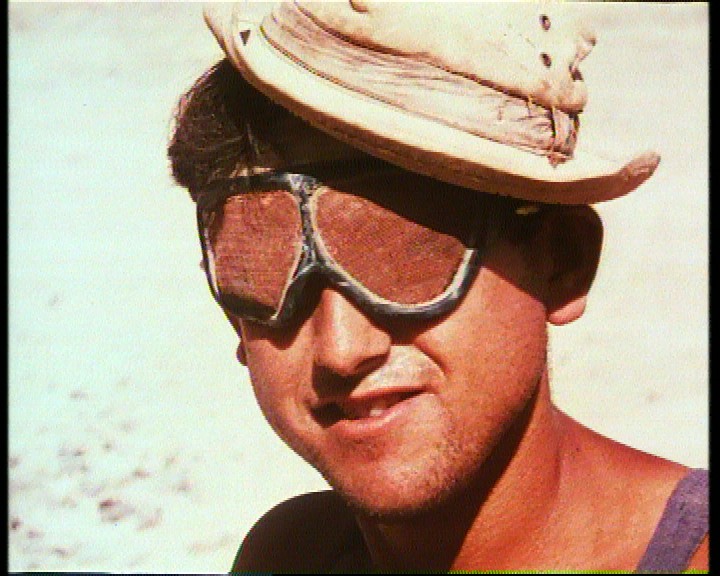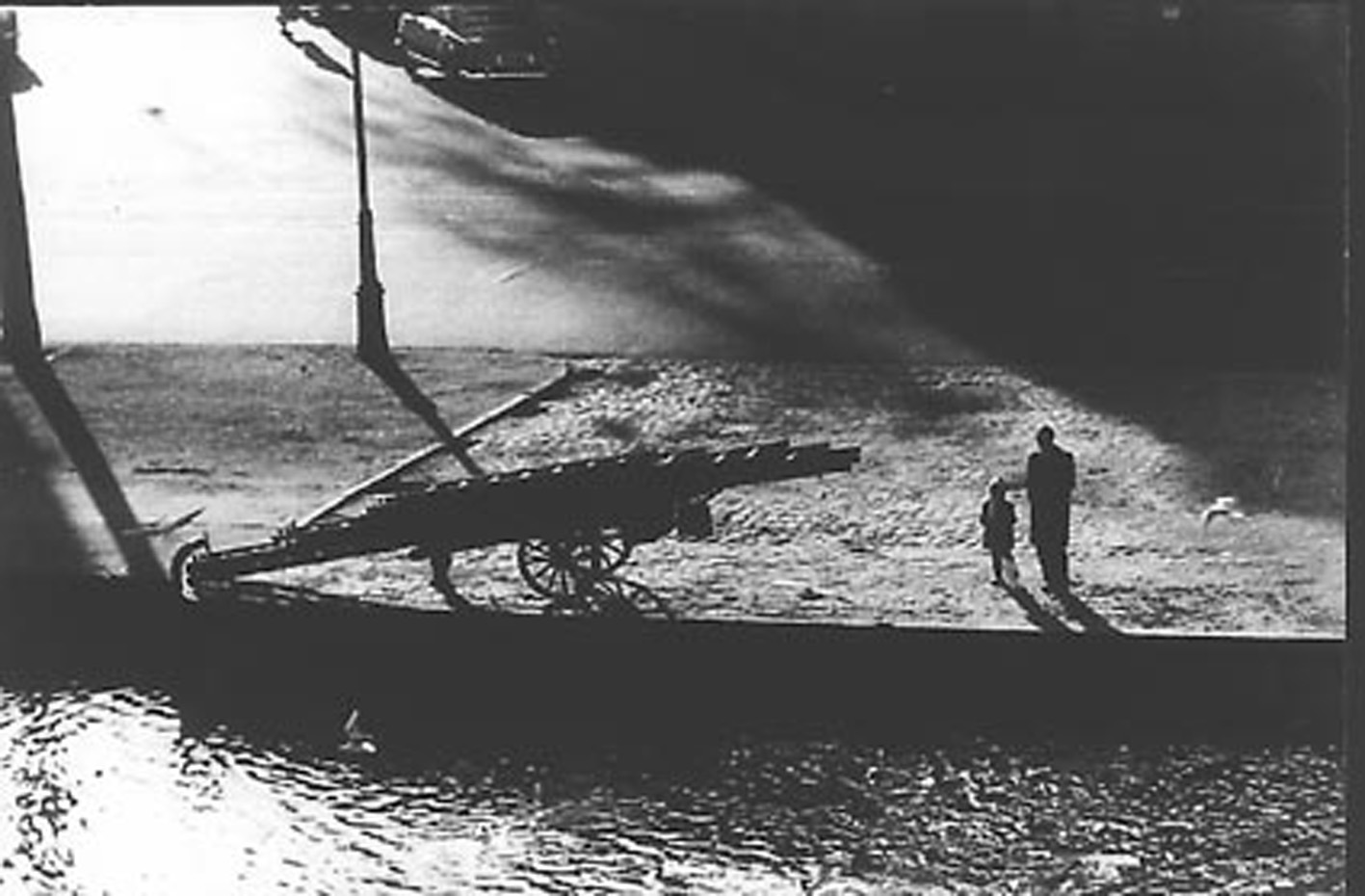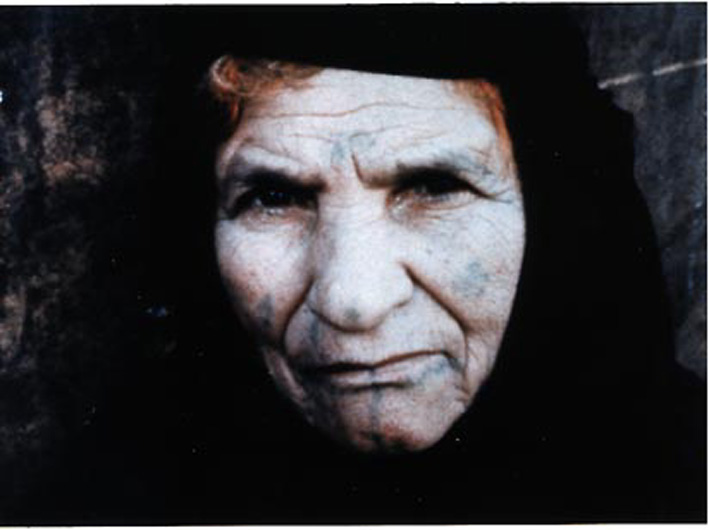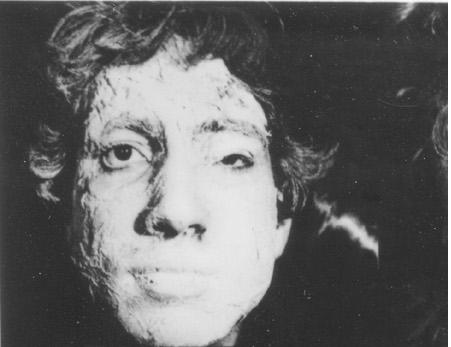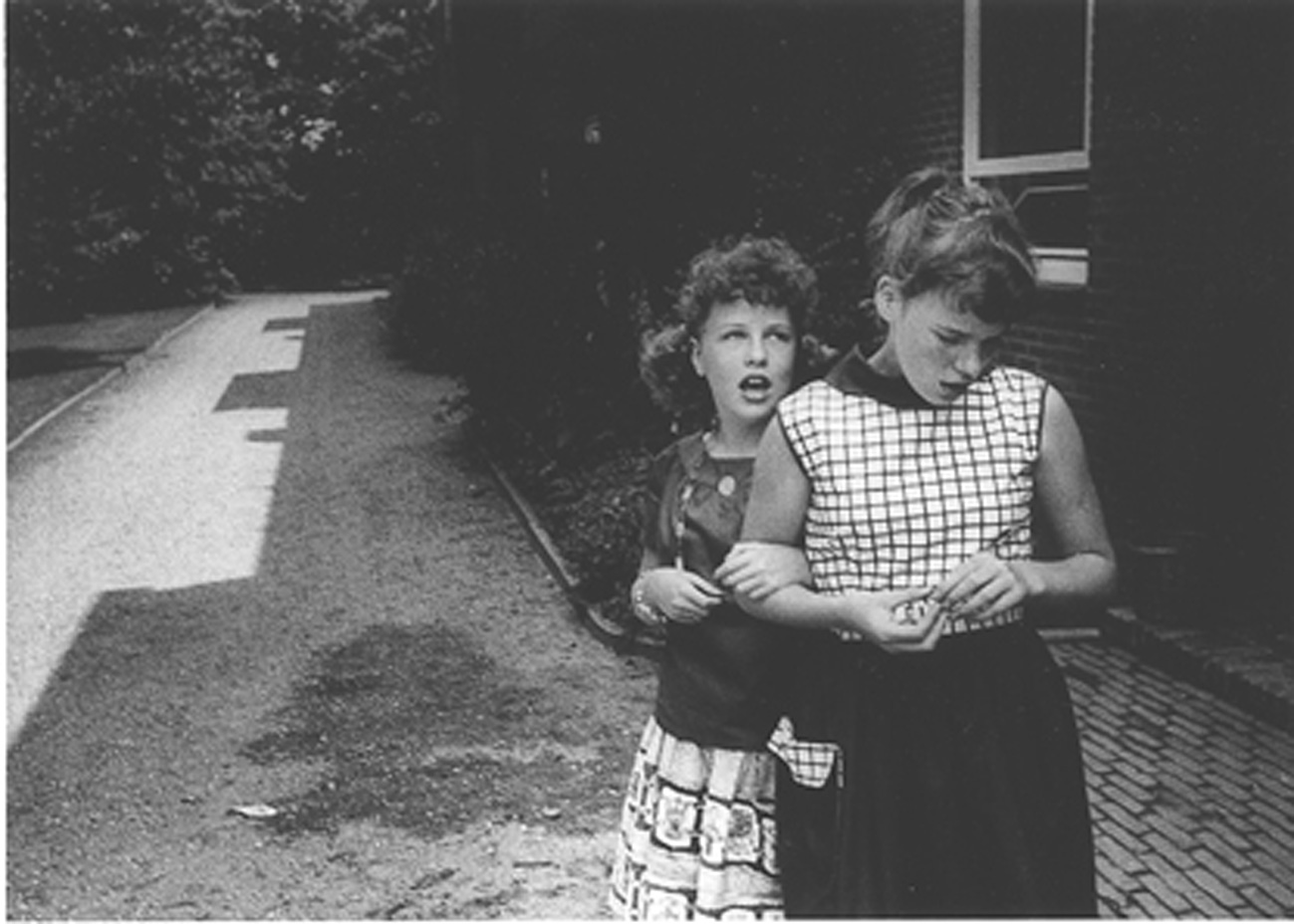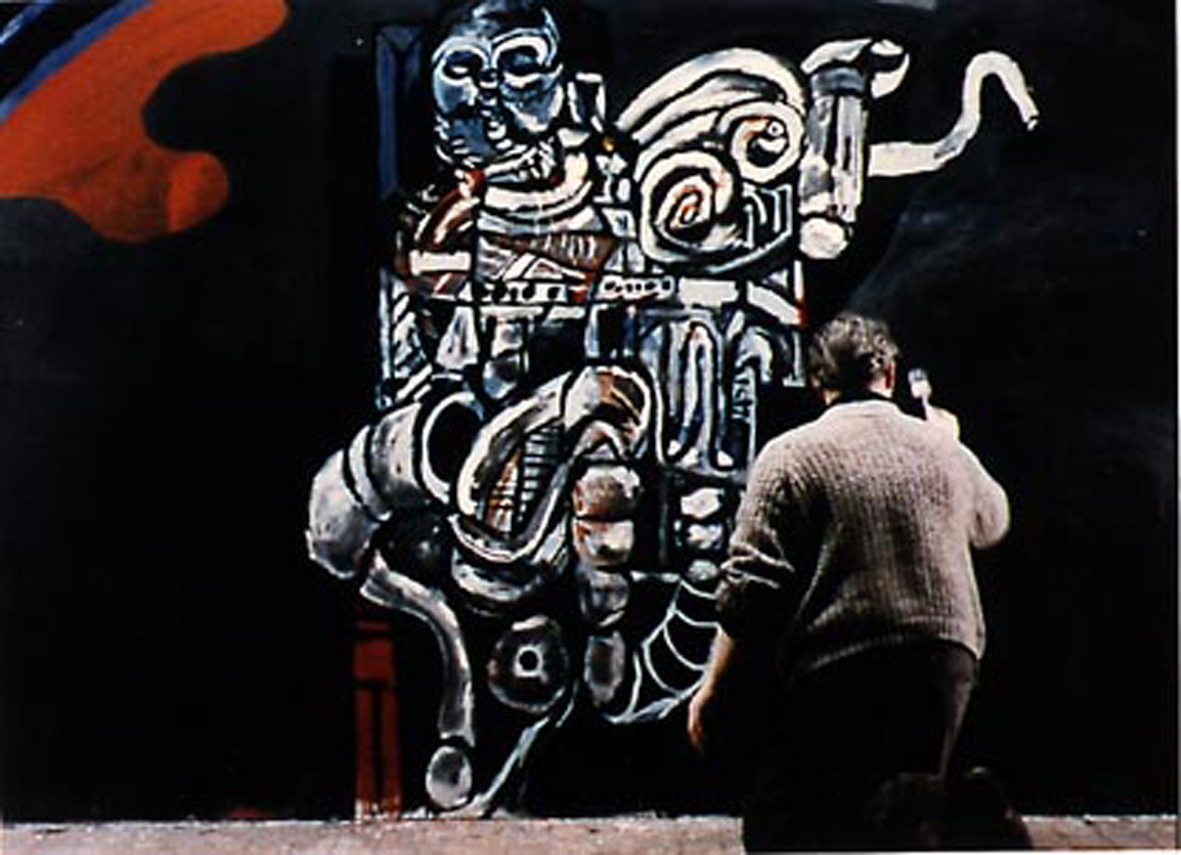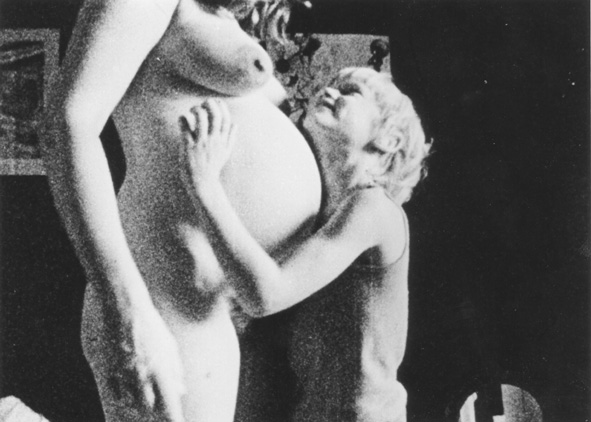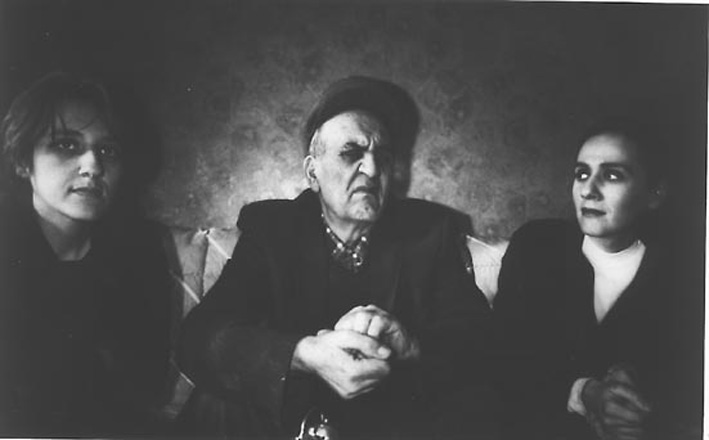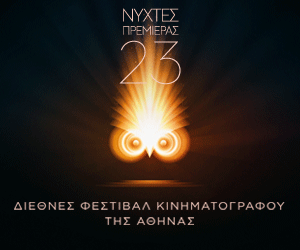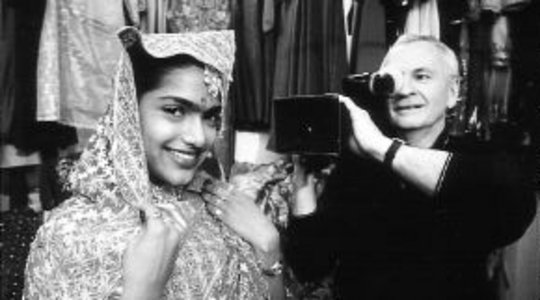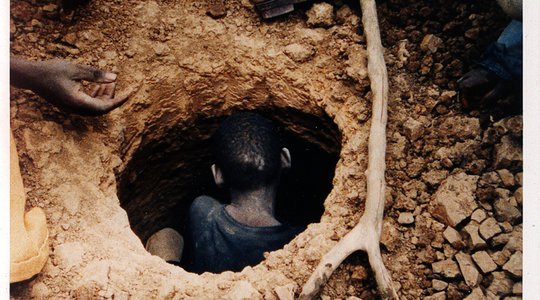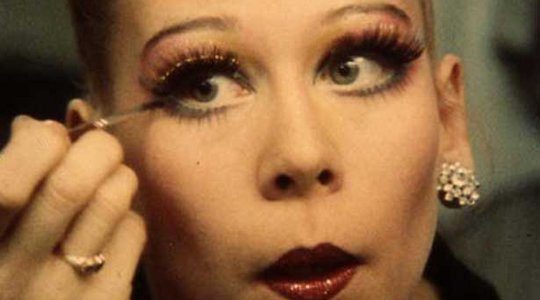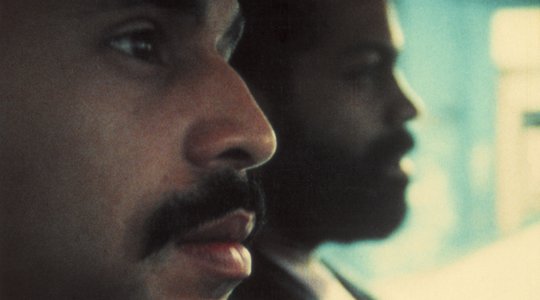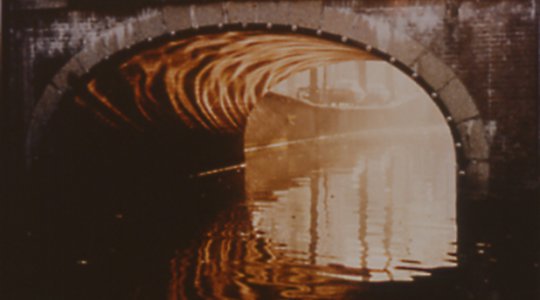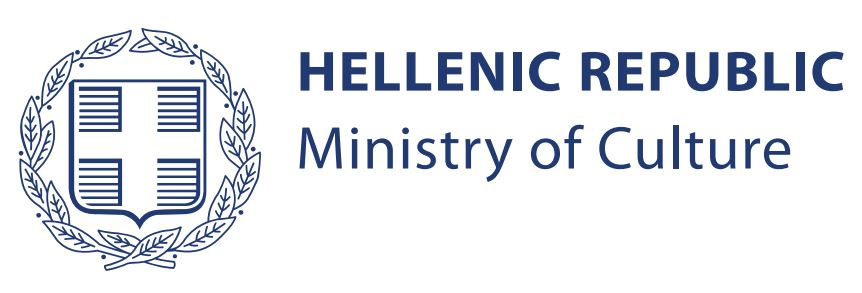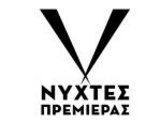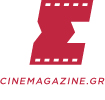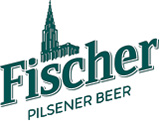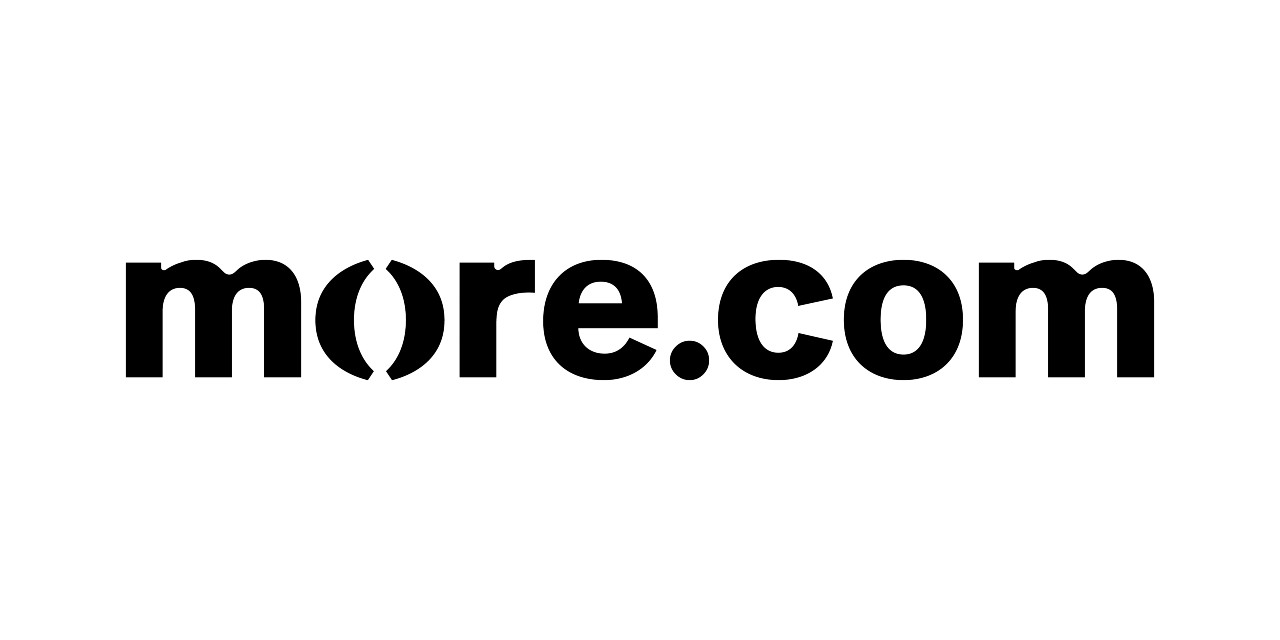Johan van der Keuken - Shorts
Beauty
A fiction film injected with the documentary-like virtues of Johan van der Keuken’s writing, “Beauty” is an allegorical, surreal story about a fascist spy, who’s trying to manipulate the democratic governments around the world. Within the film’s frames the viewer can detect a Greek flag, the Dutch director thus inserting his political commentary on the military dictatorship in Greece..
For the Time Being
This is the last cinematic attempt by the Dutch perfectionist of documentaries, a film he never completed. The material for the movie was found on the moviola, and his wife decided to edit it herself, thus completing her cancer-stricken husband’s swan song. Faces of all ages, phrases that bring up the war in Kosovo and Guatemala, and the smell of death, in a film born out of the earth but dedicated to life..
Velocity 40-70
In 1970 the city of Amsterdam commissions Johan van der Keuken to create a film-homage to the end of World War II. The Dutch director, using exclusively the testimony from a survivor of the Auschwitz hellhole, chose to portray a war of the past using modern images. Here the present converses with the past through a fresh and peculiar narration..
Last Words - My Sister Yoka
The deeply moving portrait of Johan van der Keuken’s sister, Yoka, shot just before she died and made up of mainly filmed discussions, with her addressing the camera directly. The meaning of life, the extensions of metaphysical and internal experiences, the siblings’ relationship inside the family, even conflicts from the past that are finally cleared - they all co-exist harmoniously in a film made up of pure life images, before the impending death..
4 walls
After the end of World War II, the Amsterdam of the 60s – just like most European capitals – faced enormous housing problems because of the rapid increase of population. With the help of the architect Herman Hertzberger, Johan van der Keuken infiltrates the impoverished and derelict flats of the great as well as the poorer families, filming the desperation in people waiting in endless queues to find a safe home and facing the hostile public services staff.
Paris A L'Aube
Johan van der Keuken’s first film is a uniquely beautiful portrait of Paris at dawn, when the French capital unhurriedly leaves its sinful nights behind. Trains humming at the stations, birds flying over the Seine and a mysterious male figure with a black hat – a nod to Jean-Pierre Melville - fill the exhilarating images of “Paris At Dawn”, scored by Derry Hall.
Time/ Work
A mother with her under-age child on her shoulders works the land in Africa. A man repeats the same mechanical movements in a factory. A group of workers crush stones in a mine. Johan van der Keuken collects different images from all over the world and masterfully connects them, in an unparalleled study of the importance of time and labour for human life.
A Moment’s Silence
Johan van der Keuken films the preparations and celebrations in the streets and squares in honour of the dead of World War II, weaving two layers into his material: on the first level, he composes an abstract chronicle of urban life in the shape of an experimental documentary about the city of Amsterdam, while on another level attempting a meditation on the contemporary Dutch history and his childhood memories of the German occupation.
The Palestinians
In 1975, Johan van der Keuken visits with his camera the concentration camps of Palestinian immigrants in south Lebannon. The grief of the women who’ve lost their loved ones in the war, the desperation of the injured and the amputees, the determination of the fighters to claim the land of the country and the bewilderment of the small children yearning to learn more about a country they’ve never met, make up for the most political documentary of the Dutch director’s filmography.
The Spirit of the Time
“Johnson, murderer” is the chant heard in the intro for “The Spirit of the Time”, as we watch the demonstrations in Amsterdam against the Vietnam War. At the same time, new art groups emerge and experiment with alternative forms of protest. The calendar reads May 1968 and Johan van der Keuken captures in his black-and-white shots the atmosphere of an era of sweeping change and a society thirsty for revolution..
Blind Child
In 1964, Johan van der Keuken is inspired to think about how children without sight form images in their minds by a leaflet by the Institute for the Blind. He thus creates a pioneering film that examines the absolute whiteness of the screen in juxtaposition with the complete lack of light, suggesting an entirely new perspective. The director himself later stated that only after the completion of “Blind Child” did he truly feel like a filmmaker..
Lucebert
The famed trio of short films is an immersive homage to Lucebert, one of the greatest poets and painters of post-modern Netherlands. Influenced by the dreamy techniques used in dada and surrealism, Lucebert tried to chart the limits of creation itself with his art. Van der Keuken met him in Paris and, while the first two documentaries follow the pace of the artist’s schizoid creation, the third was shot right after his death and outlines the indelible marks Lucebert left behind..
Diary
The impending birth of his child is the focal point of the director’s attention, which he places, however, in a wider context, by conducting a peculiar comparative study between the beginning of young van der Keuken’s life and that of a child’s in Africa. The invasion of the white race and the exploitation of the African people, the machine that replaces man and the pressure to constantly produce, emerge in a documentary that successfully flirts with anthropology, ethnology and sociology..
Sarajevo Film Festival Film
During the civil war in Yugoslavia and after 20 months of the Sarajevo siege, Johan van der Keuken visits the city’s film festival and, amid the bombings and the ruins, champions with this rare 14-minute chronicle the importance of art for the society – regardless of the surrounding conditions.


